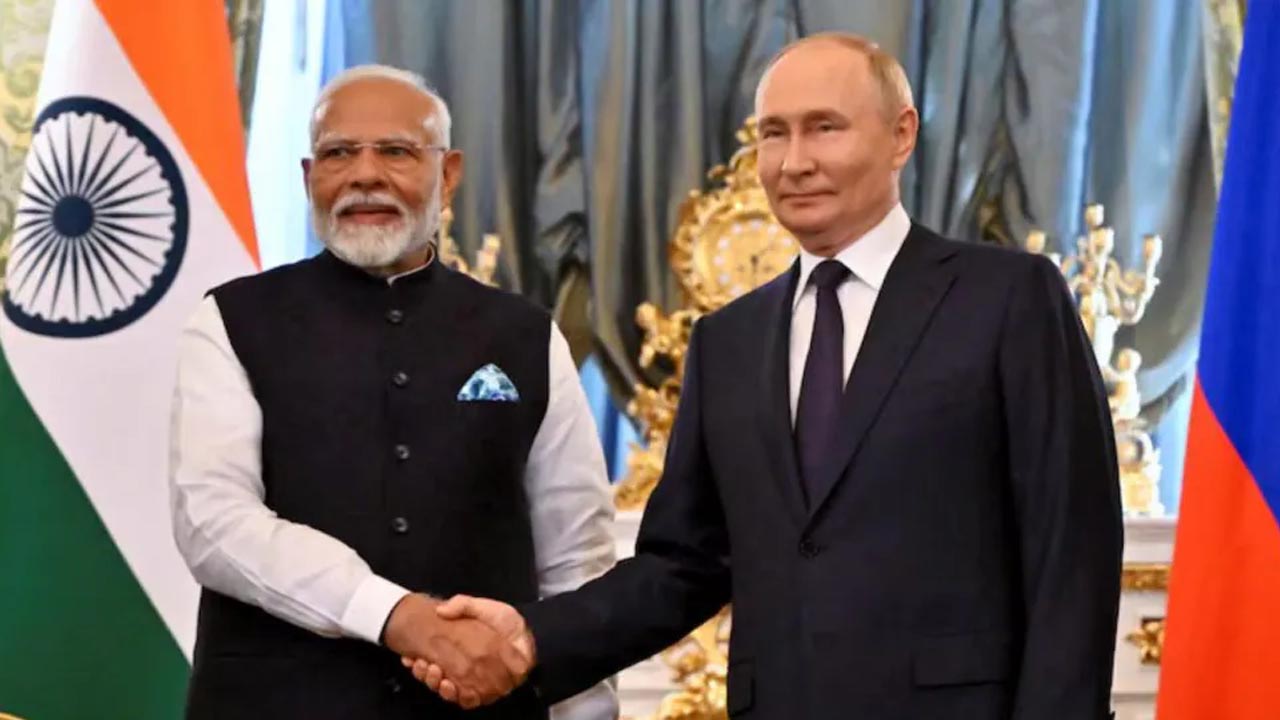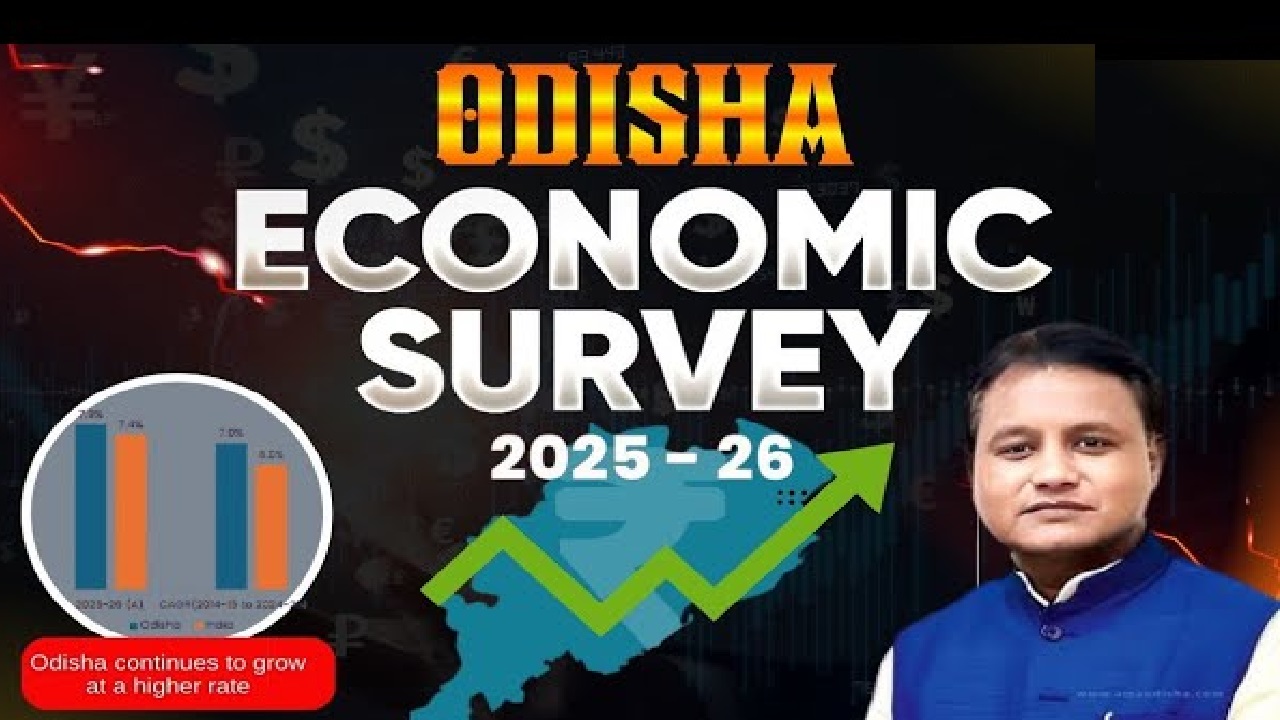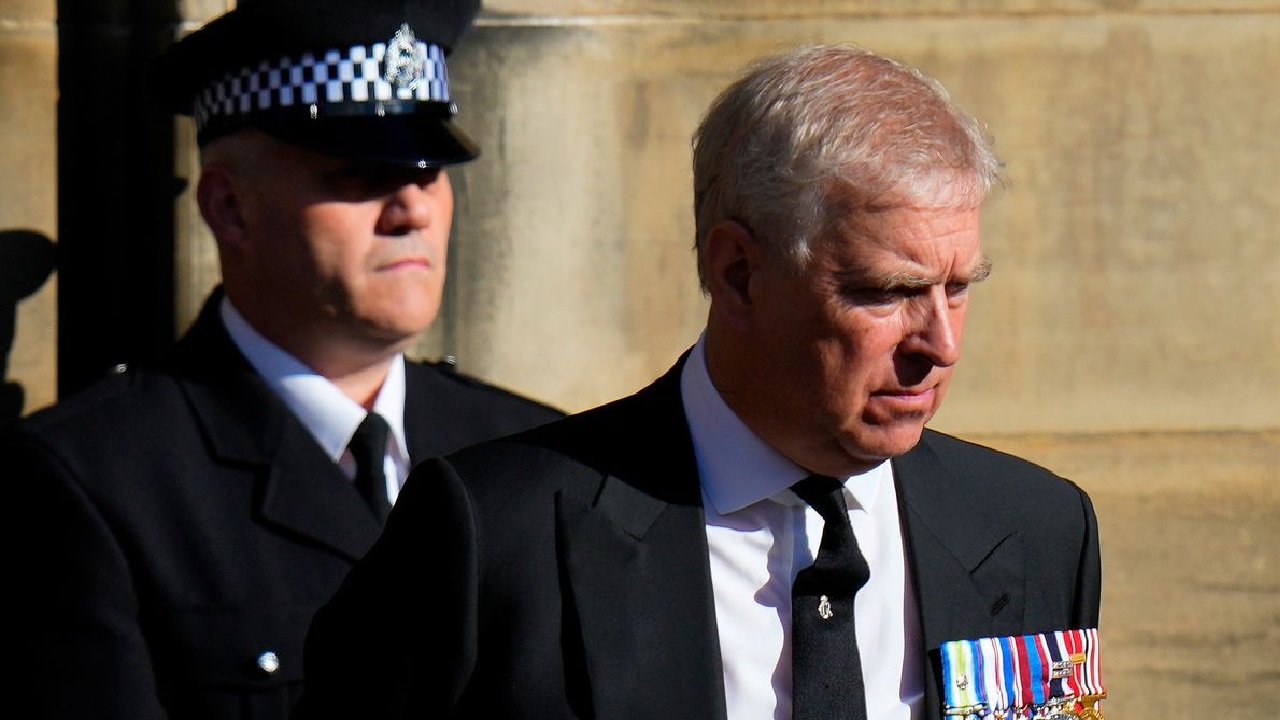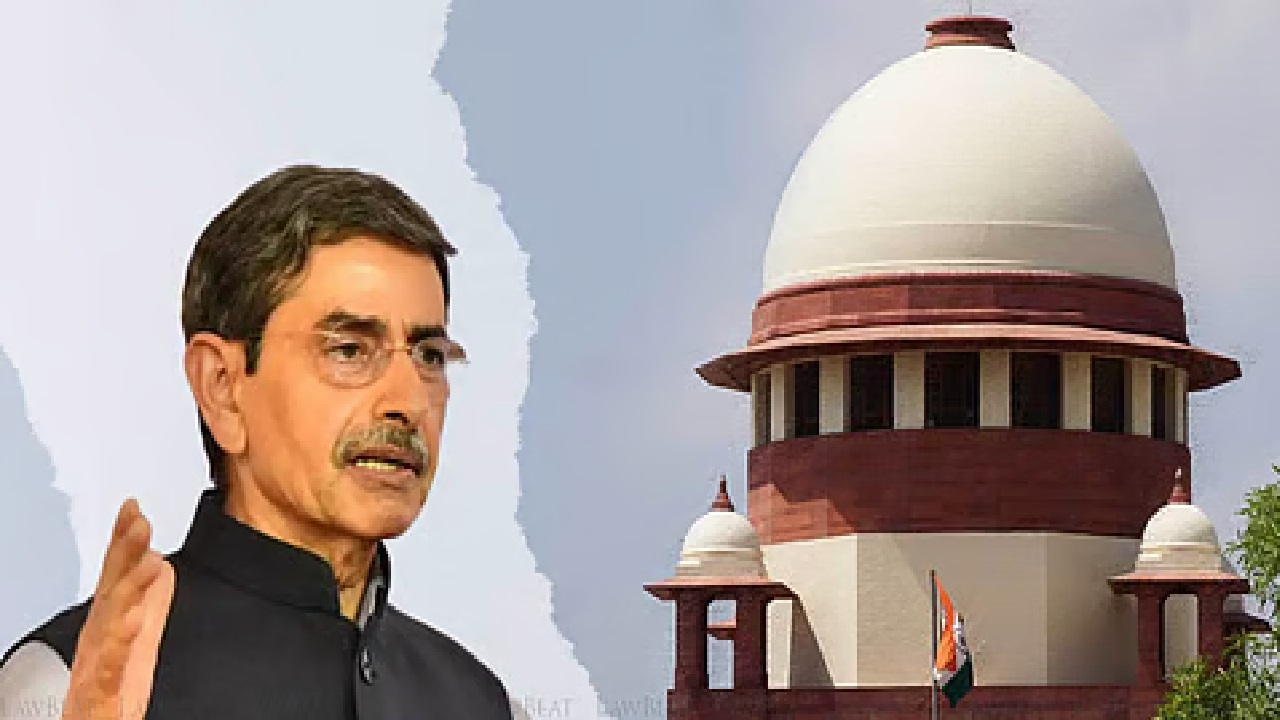Strengthening Bilateral Trade
During Prime Minister Narendra Modi’s recent visit to Moscow, India and Russia agreed to advance their bilateral trade settlement using national currencies. This move aims to promote economic cooperation and reduce dependency on the US dollar. Russia’s Charge d’Affaires, Roman Babushkin, highlighted this as a significant point in the India-Russia joint statement.
National Currency Settlement System
According to a release by the Prime Minister’s Office (PMO), both sides will continue consultations to ensure the interoperability of their financial messaging systems. The statement emphasized the commitment to a bilateral settlement system using national currencies, marking a strategic shift in trade practices.
“The sides agreed to continue working together to promote bilateral settlement systems using national currencies. The sides agreed to continue consultations for interoperability of their financial messaging systems,” the release stated.
A Historic and Game-Changing Meeting
Babushkin described the meeting between PM Modi and Russian President Vladimir Putin as “historic” and “game-changing,” especially given the current global turbulence. He noted that the discussions received unprecedented coverage and overshadowed other international events, indicating the global significance of the Modi-Putin dialogue.
“It seems that the whole world was watching. It was a contact of two independent global powers,” Babushkin remarked, adding that external factors do not significantly impact Russia-India relations.
Expanding Economic Ties
The focus of the Modi-Putin talks was on expanding trade and economic ties between India and Russia. Both leaders emphasized the importance of enhancing bilateral trade, setting ambitious targets for the future.
Programme 2030: A Vision for Future Cooperation
To strengthen trade and economic cooperation, the leaders instructed their respective agencies to develop a comprehensive programme for Russian-Indian economic cooperation until 2030, known as Programme 2030. This initiative aims to ensure dynamic growth in the trade of goods and services between the two nations.
The leaders set a new trade target of USD 100 billion by 2030, demonstrating their commitment to boosting and sustaining bilateral trade.
Addressing the Issue of Indians in the Russian Army
Another key issue discussed was the status of Indian nationals working as support staff in the Russian army. Babushkin assured that Russia is aligned with India on resolving this matter, noting that these individuals were not needed in the Russian military and were sent to Russia illegally by deceitful agents.
“We are on the same page with India on this problem. The Russian Army does not need them… there may be 50, 60, or 100 Indians, and they don’t really change the situation on the battleground in any way. It’s our common problem,” Babushkin said.
He clarified that over 100 Indian recruits in the Russian army were not part of any activities within conflict zones. The individuals were sent to Russia illegally, having been cheated by criminal agents. Both nations are committed to resolving this issue promptly and are investigating the agents responsible.
Resolving the Issue
The issue of Indian nationals in the Russian army was also raised by PM Modi during his one-on-one meeting with President Putin. President Putin assured Modi that these Indian nationals would be discharged, reaffirming Russia’s commitment to addressing the problem.
The Modi-Putin meeting marks a significant step in strengthening India-Russia relations, with a focus on economic cooperation and resolving bilateral issues. The push for a rupee-ruble trade settlement and the commitment to Programme 2030 reflect a strategic vision for the future, aiming to enhance trade and economic ties between the two nations. This partnership underscores the importance of collaborative efforts in navigating global challenges and fostering mutual growth.
(With inputs from agencies)








